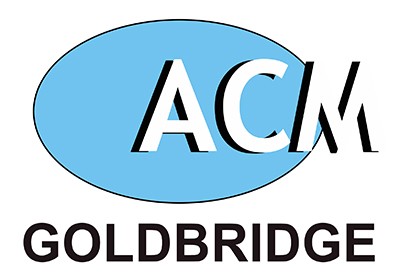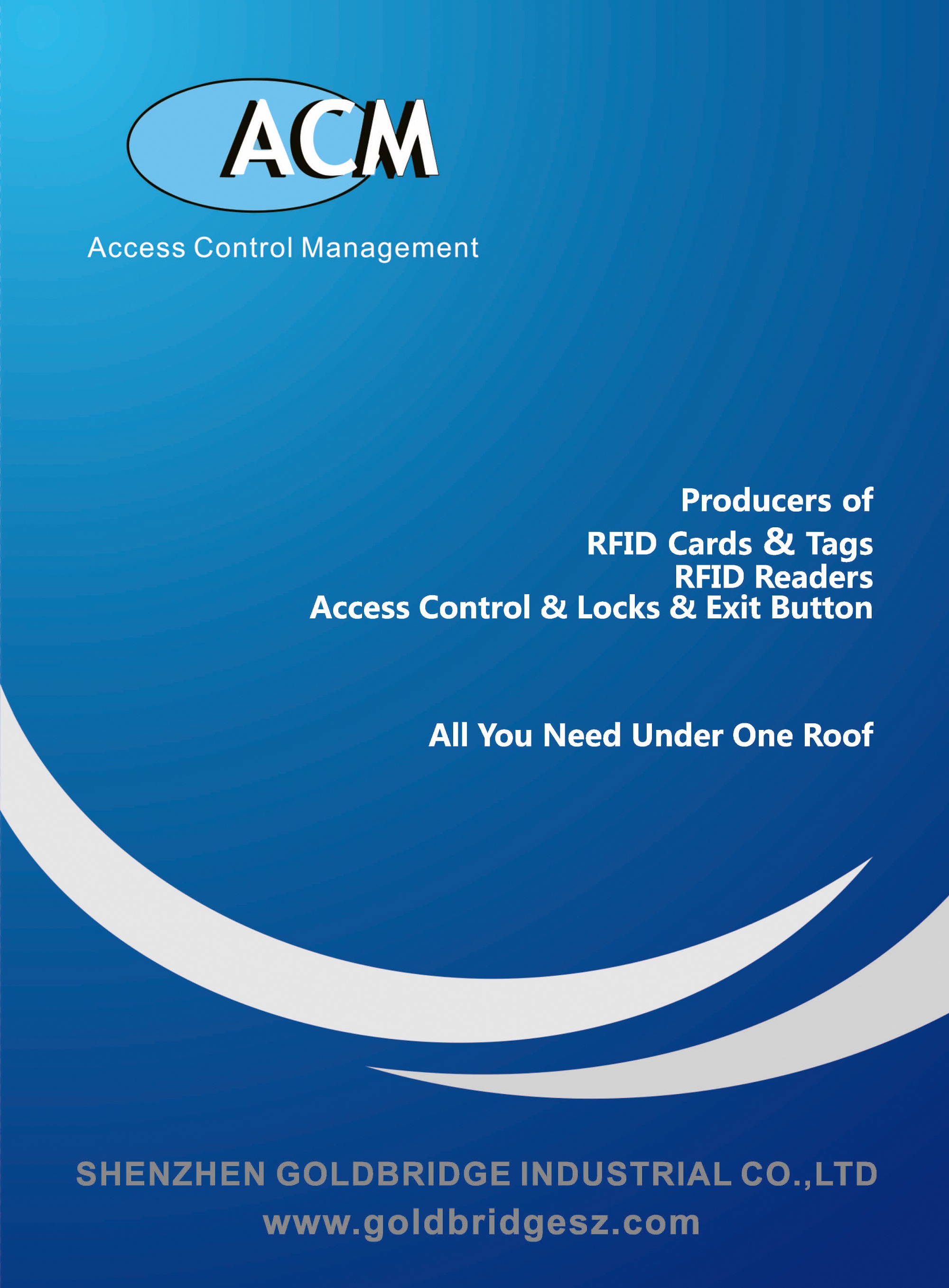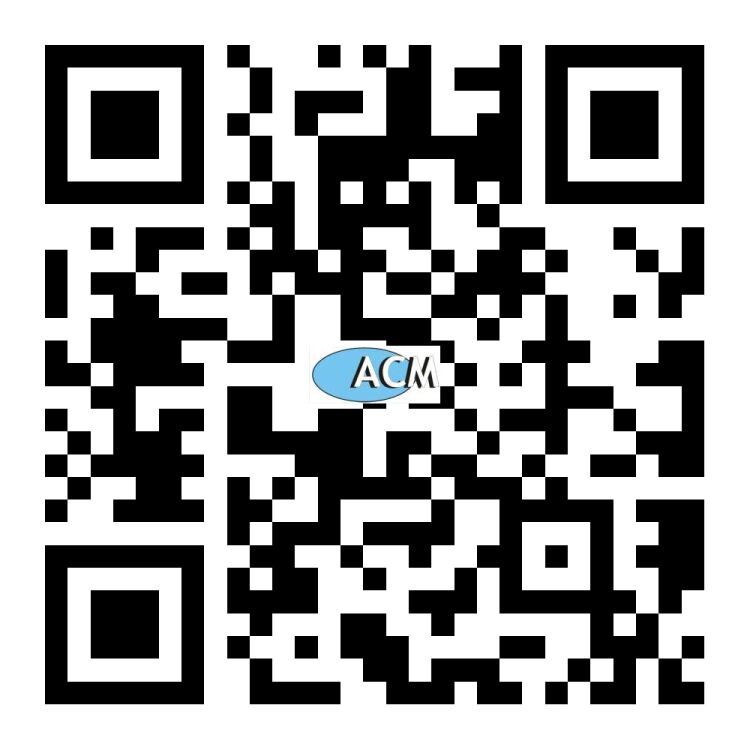The Ultimate Sourcing Guide: Where to Buy RFID Labels and Tags for Your Business

[City, Date] – As Radio-Frequency Identification (RFID) technology continues to revolutionize inventory management, asset tracking, and retail operations, a critical question emerges for businesses of all sizes: Where to buy RFID labels and RFID tags? The answer is no longer confined to a single channel. The modern market offers a diverse ecosystem of suppliers, each catering to different needs, from small pilot projects to global enterprise deployments.
Gone are the days when RFID was an obscure, expensive technology. Today, businesses have a multitude of options for procuring these powerful data-capture tools. The choice of supplier depends heavily on project scope, technical requirements, and volume.
1. Direct from Manufacturers and Specialized Distributors
For large-scale deployments requiring custom solutions, going directly to established manufacturers is often the most effective route. Companies like Avery Dennison, Zebra Technologies, Honeywell, SATO Holdings, and SMARTRAC offer deep expertise. They provide technical support, custom encoding, and the ability to design inlays and labels tailored to specific application environments (e.g., on-metal tags, laundry tags, or high-temperature resistant labels). This option is ideal for businesses needing guaranteed performance, consistency, and integration support.
2. Online Marketplaces and E-Commerce Giants
The rise of e-commerce has made RFID technology accessible to everyone. Platforms like Amazon, Alibaba, and eBay host numerous sellers offering off-the-shelf RFID tags and labels in smaller quantities. This is a perfect avenue for startups, developers, and businesses looking to run initial tests and prototypes without a significant upfront investment. However, buyers should diligently check product specifications, read reviews, and verify the credibility of the seller to ensure quality and performance.
3. Value-Added Resellers (VARs) and System Integrators
For businesses seeking a complete solution rather than just the hardware, VARs and system integrators are invaluable partners. These companies don’t just sell tags; they provide the entire ecosystem—readers, antennas, software, and the crucial integration services to make it all work seamlessly. They source tags from trusted manufacturers and can advise on the best type for your specific use case, ensuring a higher chance of project success. This hands-off approach is highly recommended for companies without in-house RFID expertise.
4. Label Converters and Printers
Many businesses need RFID labels that are also printed with human-readable information, barcodes, or logos. Professional label converters operate printing facilities equipped with RFID encoding and verification hardware. They can take blank RFID labels and turn them into finished, encoded, and printed smart labels ready for application. Major printer manufacturers like Zebra and Brother also offer desktop printers that can encode and print RFID labels on-demand, right in your office or warehouse.
Key Considerations Before You Buy:
Industry experts advise businesses to consider several factors before purchasing:
-
Volume: Quantity needs dramatically influence price per unit and supplier choice.
-
Technical Specifications: Frequency (UHF, HF, NFC), read range, memory capacity, and substrate compatibility (e.g., metal, liquid) are critical.
-
Testing: Always request samples to test the tags in your real-world environment on your actual products before committing to a large order.
The market for RFID tags is more accessible than ever. Whether sourcing a handful of tags for a prototype or millions for a global supply chain, understanding these procurement channels is the first step toward a successful RFID implementation.
About Us:
[Your Company/News Source Name] is a leading provider of insights and news on automatic identification and data capture (AIDC) technologies, helping businesses navigate the evolving landscape of IoT, RFID, and supply chain innovation.



